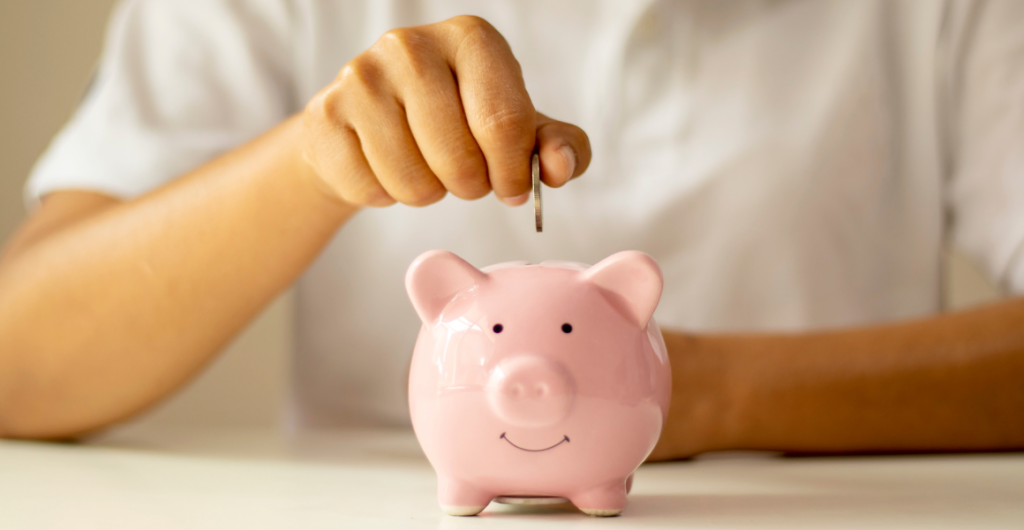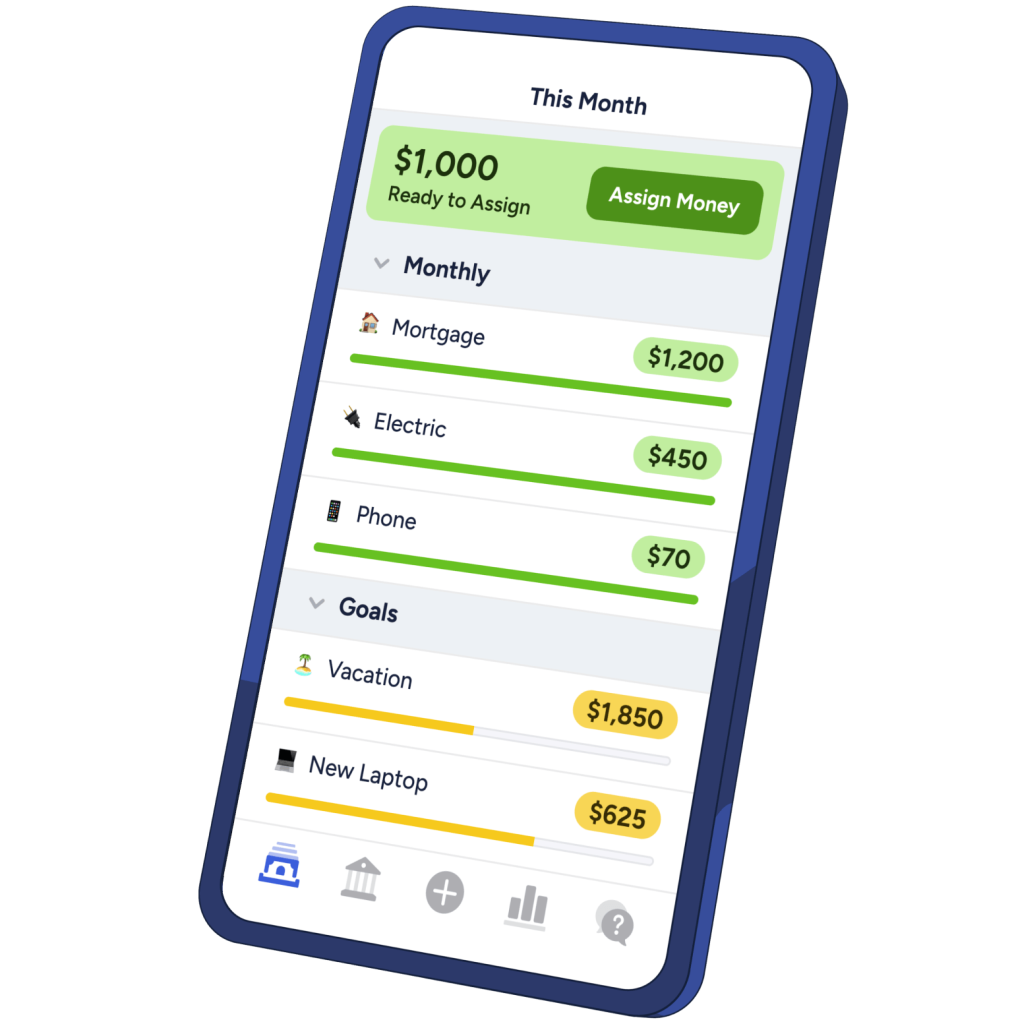“Have you heard the phrase, ‘what you pay attention to grows’? I believe it’s true. So, pay attention to your money. Pay close attention. Make saving and tracking your money habitual.
Kyle J. Christensen
By Kyle J Christensen, Founder, Principles-Based Financial Planner
Unique Advantage Monthly Client Email – September 2024
Recently I finished reading my eleventh book of the year. I love reading, and if I were to start with the first “Tiny Habit” that leads to financial freedom, it would be this:
Read.
I believe that people are almost always paid for what they know (which could include who they know). Learning is the biggest key to opportunity, in my opinion. Learning leads to power, and you’re going to need a lot of power to climb the hill of financial freedom.
The book I recently finished was Tiny Habits, by BJ Fogg, which is what inspires me to write about this topic for this month’s Monthly Client Email. If you haven’t read Tiny Habits, I would highly recommend it.
Financial freedom is about becoming something.
It isn’t about investing in something (other than in yourself). People BE-COME (or come to be) financially free. They don’t obtain it. They don’t acquire it. And becoming is all about behavior, the choices a person makes, and the habits that lead to those choices. We are, as James Clear talks about in Atomic Habits, habitual creatures. Like the refrain, “you are what you eat”, we are what we constantly do. And what we do is almost entirely out of habit.
When we’re young we look at our idols and try to emulate them: we want to eat what they eat, drink what they drink, move like they move, style our hair like theirs (for those lucky enough to have hair!), and so on. Remember the commercial, “I want to be like Mike”? So true. I know I did. Basketball was my thing, and being like Mike was what everyone wanted to be on the basketball court. We can learn from this highly successful idea. One of the things we can learn is to ask the right questions. If I want to be like Mike, what does Mike do?
Let’s shift gears and talk about those who become financially free. What do they do? Why do they do what they do? How do they do what they do? Those are all questions we should be asking, and more so, we should be seeking to understand. Most of the financial information that people consume comes from financial institutions. Very few people study the lives of successful people, however. I happen to be one of those weirdos that does exactly that. I love reading biographies and autobiographies (I especially like autobiographies because I don’t like the added opinions and biased views of the person that oftentimes affect the story in biographies). As I have read and studied the likes of Jack Welch, Larry H. Miller, Jon M Huntsman Sr, David Green, Walt Disney, Henry Ford, Ray Dalio, and Warren Buffett, I have found many similarities among them. Mostly, I have discovered that they follow very similar principles in life and money. Additionally, they develop certain habits from the application of their principles.
BJ Fogg calls the habits “tiny habits” because, to the novice, they may seem like tiny things, things that couldn’t possibly have a significant impact on people’s lives. James Clear calls them “atomic habits”, meaning small in size and yet super powerful. Even the Bible references how big ships are turned by a tiny rudder (by comparison). Although habits may seem tiny or atomic, they are what shape our lives and determine our ultimate destiny.

What are some of the “tiny habits” that highly successful people adopt into their lives, that help them become financially free?
The first Tiny Habit is to save money.
Highly successful people are generally frugal but also visionary. So, they spend money, but they do it to achieve something greater. Robert Kiyosaki talks about this in his books. He says that the reason most people don’t become rich is because they buy liabilities thinking they are assets. Rich people buy assets. Most people will never become financially free because they have created a habit of simply spending. Those who become financially free create a habit of saving. They prioritize saving. They make it happen first. Before they pay anyone else, they pay themselves.
Many people fool themselves into believing that they will save when they make more money sometime in the future. That’s like saying “I’ll work out when God gives me more hours in a day.” Even if that happened, I’m sure something else would come up that feels more important than exercising, right? The reality is, when people make more money, they simply spend more. Why? Because it really has little to do with how much money a person makes and everything to do with habits. People make more and spend more (they just buy more expensive things over time).
Saving is something you can do! However, to be successful at it, you have to understand that it’s something that needs to become a habit. For saving to be successful, three things need to take place.
1. You must make the choice to save.
This choice is based on desire. You need to know why you are saving. If the reason isn’t important enough to you, then it’s not going to happen. It must be more important than buying a hamburger for lunch (something you need very little desire or willpower to do). So, you must examine why you want to do it. Make it clear. And then make a choice on how much of your income you will save (pay yourself), first, before you pay anything else.
2. You’ve got to make it systematic and automatic (habitual).
Most people get paid by Direct Deposit. So, that means they can go to their HR and ask them to Direct Deposit the amount of money they have chosen to save into a separate account (savings ideally), every time they get paid. This makes it systematic and automatic. It will happen without you having to think about it, every time you get paid.

Now comes the hard part, which is the next Tiny Habit:
You must pay close attention to your money.
Do you know what the major key is to most weight loss programs? Being consciously aware of what you’re eating. Tracking. Tracking is a habit that absolutely works. We’ve all heard things like “You can’t improve what can’t be measured”, right? Well, that’s true with money too. Tracking is the key and it’s something that needs to become a habit if you want to become and remain financially free. Without trying to be mean, most people have no idea where their money goes. Or they fool themselves into thinking they really know, even though they don’t actually track it (they just “keep track in their head”). Let me tell you something, as a serious fisherman. I hate it when people tell me how many fish they caught, but they didn’t actually keep track on anything (like a fish counter/clicker). Do you know what the truth is? They really have no idea how many fish they caught if they didn’t track it. They’re lying! Haha.
If you can’t tell me exactly how much money you spent on groceries last month, or how much you spent eating out, or how much you spent on fishing lures, then you are not actually tracking your inflows and outflows.
Would you ever invest in a business that didn’t bother to track all their income and expenses? Of course not! Why? Because you know that business is going to fail, no matter how good their breakfast tacos are. The same is true for you and me. We will fail financially if we don’t track all our income and expenses. We can’t rely on what we remember! As human beings, the one thing we are all incredibly amazing at is forgetting details (sometimes even more than just details).
There are two major reasons why most people don’t want to track their income and expenses.
1) They don’t want to be accountable for what they spend. Trust me, the days I eat crappy food or snacks are the days I don’t count my calories. I know! Why? Because I don’t want to be honest with myself about the fact that three Oreo cookies cost me over 200 calories (yes, that’s true. Sorry, for those who didn’t know and somehow thought that eating a package of Oreos was like eating a bag of apples – it’s not). Unfortunately (or fortunately), accountability is a principle of success. Without it, you cannot succeed.
2) They don’t want to put in the work (time and effort) to track income and expenses. Nowadays this is a pretty terrible excuse, because financial apps exist today that make that task SUPER EASY.
To create the habit, you first need to have a system for tracking. So, I would suggest downloading one of the numerous good income and expense tracking apps that exist (see https://www.nerdwallet.com/p/best/finance/expense-tracker-apps). Next, you’ve got to create a habit of actually looking at it and paying attention. Without that element, it’s like purchasing a gym membership. Simply having the membership doesn’t benefit you; it just costs you money. It’s the paying attention part that makes the difference. So, you’ve got to make it a habit. One of the best ways to make it a habit is to “stack” it on another habit that you already have. For example, I have a habit of having breakfast every day, usually in the form of a protein shake. In fact, I’ve hardly ever missed a day in my life without having something for breakfast. It’s amazing! I’m so amazing at it! (by the way, it’s good to celebrate the accomplishment of habits. It’s actually one of the keys to sustaining good habits). So, if you’re like me and you have the habit of eating breakfast, you could add the habit of looking at your phone (which you probably already have the habit of doing anyway), but specifically taking about 5-10 minutes each day to review your finances and see what exactly is coming and what is going out. Then, once per month (or more often) review all your income and all of your expenses (most of the apps can create reports for you to see the month in review).
If you’re married, this is a great activity to do together. And if it becomes a regular habit, your spouse won’t feel like you’re only bringing it up because they just spent a lot of money on fishing lures (or whatever their particular interest is—mine happens to be fishing). That’s the thing with principles and habits, they are things you ALWAYS do, not just when there are problems. One of the reasons many marriages end in divorce is money. Specifically, financial issues often become a sore subject. You can change that by simply making a conversation about money something you do together every month and the purpose is to simply be completely aware of what’s coming in, what’s going out, and where it’s going exactly. Problems grow in the dark. So, if you don’t want money to be a problem in your relationship, keep it in the light.

Have you heard the phrase, “What you pay attention to grows?” I believe it’s true. So, pay attention to your money. Pay close attention. Make saving and tracking your money habitual. Read Tiny Habits if you are struggling to make those two things a habit. You will discover why you’re struggling, and you will discover how you can make it easier.
These two habits of saving and monitoring your money will lead to financial freedom. They also lead to remaining financially free. Too many people use great habits to become successful, and then, when life becomes easy, they relax and stop doing the habits that made them successful (trust me, as a lifelong Utah Jazz fan I’ve seen it, over and over! – It’s so exhausting!). In that situation, we must do what James Clear suggests in his book, Atomic Habits, we must “fall in love with boredom” and “be endlessly fascinated by doing the same thing over and over”.
These two habits may seem “tiny”, but I promise you they are powerful. They are, in my opinion, the biggest difference-maker between those who achieve amazing financial success and those who constantly struggle. I encourage you to adopt, recommit, and/or continue these two habits for the rest of your lives.

